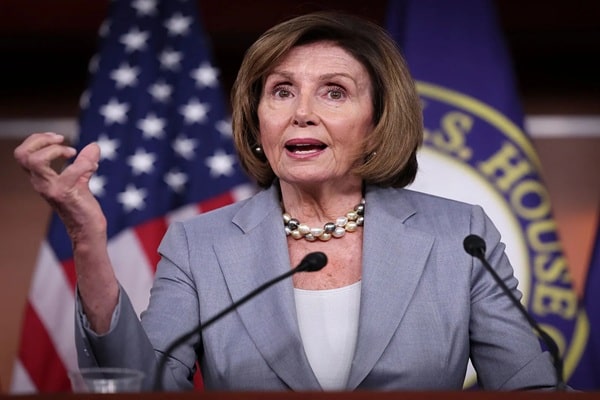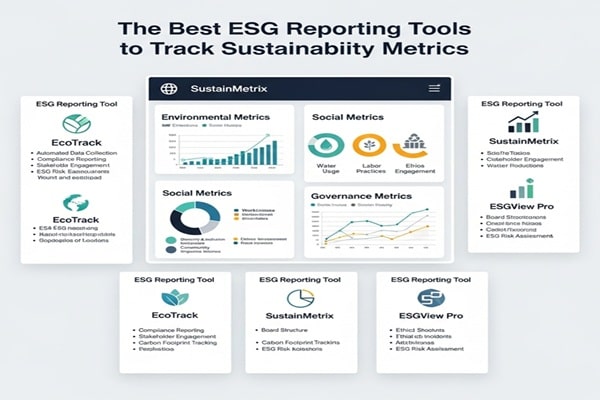Over the last few years, one unexpected topic has taken the internet by storm: the Nancy Pelosi Stock Tracker. Yep, you read that right. A sitting member of Congress—and her husband’s stock trades—have become such a hot topic that people are literally building trackers, dashboards, and even memes around them.
So why are so many investors, journalists, and everyday Americans glued to these updates? And what does it all mean for the future of stock trading transparency in U.S. politics?
Let’s break it down step by step.
What Exactly Is the Nancy Pelosi Stock Tracker?
The Nancy Pelosi Stock Tracker isn’t one single website or app—it’s a whole category of tools, social media accounts, and online forums that monitor stock trades made by Nancy Pelosi and her husband, Paul Pelosi.
Because of the STOCK Act (Stop Trading on Congressional Knowledge Act of 2012), members of Congress (and their spouses) have to disclose stock trades worth over $1,000. These disclosures are made public, and clever developers started turning them into dashboards for anyone to follow.
In short, the tracker is a way for the public to keep an eye on whether lawmakers—or their families—might be trading stocks that overlap a little too conveniently with what’s happening in Congress.
Where Can You Find These Trackers?
A quick search will turn up plenty of platforms following Pelosi’s trades. Some of the most popular include:
-
Quiver Quantitative – A data-driven platform that makes congressional trades easy to visualize.
-
Unusual Whales – A favorite among retail traders who love digging into political stock activity.
-
House Stock Watcher – Focuses specifically on members of Congress and their disclosures.
-
Reddit Communities – Forums like r/pelosiportfolio and r/wallstreetbets regularly dissect these trades with a mix of seriousness and humor.
Why Do People Care So Much About Pelosi’s Trades?
There are a few big reasons this has blown up into a national conversation.
1. The Timing of Trades
Paul Pelosi’s trades often seem to align with major congressional decisions or industry-shaping legislation. For example, buying tech stocks right before a semiconductor funding bill gets passed? That’s going to raise eyebrows.
2. The High Returns
Some of the Pelosi family’s trades have been very profitable, outperforming even top hedge funds in certain years. Naturally, this has fueled speculation that political influence could be at play.
3. Public Trust and Accountability
Even if every trade is perfectly legal, the optics don’t look great. With rising public frustration over political corruption, people want more transparency—and in some cases, a full ban on stock trading by lawmakers.
A Quick Refresher: The STOCK Act
Back in 2012, Congress passed the STOCK Act to address concerns about insider trading among government officials.
Here’s what it does:
-
Requires members of Congress and their families to disclose trades over $1,000.
-
Disclosures must be filed within 45 days in Periodic Transaction Reports (PTRs).
-
The data is made public so anyone can see it.
On paper, it sounds great. But in practice? Critics say enforcement is weak, late disclosures are common, and fines for missing deadlines are laughably small. That’s part of why the Pelosi Stock Tracker has gained so much traction—it’s a way for citizens to fill in the accountability gaps.
How Do Pelosi Stock Trackers Actually Work?
Most of these trackers follow a similar process:
-
Pull Data – They scrape financial disclosures from the House of Representatives’ website.
-
Organize Trades – Sorting them by date, asset type (stocks, options, ETFs), and buy/sell activity.
-
Visualize Trends – Presenting them in charts, heat maps, or easy-to-read lists.
-
Send Alerts – Some trackers ping you when new disclosures are filed so investors can act fast.
For retail investors, this is gold. You get to see moves in real time—almost like shadowing a hedge fund manager.
High-Profile Trades That Sparked Buzz
A few trades have grabbed major headlines and fueled the public’s obsession:
-
Nvidia Call Options (2022) – Paul Pelosi bought millions in Nvidia options right before a big semiconductor subsidy bill. The timing was… let’s just say, “convenient.”
-
Apple & Microsoft Holdings – Large positions were disclosed while Congress debated tech regulation and antitrust issues.
-
Alphabet (Google) Sell-Off – Shares were sold just before new regulatory scrutiny was announced.
To be clear, these are all publicly filed trades, and no one has proven wrongdoing. But the optics? Not great.
The Ripple Effect: How This Impacts Retail Investors
Here’s the funny twist: the Pelosi Stock Tracker isn’t just about politics—it’s become a tool for investors.
Retail traders (and even some analysts) use Pelosi’s trades as signals. Why? Because if a high-ranking member of Congress’s household is betting big on a sector, it might hint at where policy—and money—is headed.
Some people even created “Pelosi Portfolios” that mimic her trades. Believe it or not, in certain years, those portfolios beat the S&P 500.
Also Read : The Best ESG Reporting Tools to Track Sustainability Metrics
The Criticism and Controversy
Of course, this hasn’t come without pushback. Here are the main points of debate:
-
Conflict of Interest – Even if trades are legal, lawmakers regulating industries they also invest in is a clear ethical gray area.
-
Bipartisan Problem – Pelosi isn’t alone. Lawmakers from both parties actively trade, though she often gets the most attention.
-
Political Targeting – Some say Pelosi is singled out because of her profile, while others argue scrutiny should be applied across the board.
The Push for Reform
Public pressure has already inspired several proposals to limit or ban congressional stock trading. Some of the bills on the table include:
-
Ban Congressional Stock Trading Act
-
TRUST in Congress Act
-
ETHICS Act
So far, none have passed. But as long as stories about Pelosi’s trades keep making headlines, the demand for reform is only going to grow.
The Bigger Picture
At the end of the day, the Nancy Pelosi Stock Tracker isn’t really about one person—it’s about ethics and accountability in government.
It raises big questions:
-
Should lawmakers and their families be allowed to trade individual stocks at all?
-
Does access to insider knowledge (even if not misused) create an unfair perception?
-
Is disclosure enough, or is a ban the only way to restore public trust?
Whether you see the tracker as a watchdog tool, an investing hack, or just political drama, it’s impossible to deny its cultural impact.
Final Thoughts
The Nancy Pelosi Stock Tracker started as a curiosity but quickly grew into something much bigger—a symbol of how technology, politics, and finance now intersect in real time.
For investors, it’s a chance to peek into the portfolios of America’s power players. For citizens, it’s a way to demand transparency. And for lawmakers, it’s a reminder that the public is watching closely.
Until stricter reforms are passed, tools like these will continue to shine a light on political trading activity. And maybe that’s exactly the kind of accountability we need.




